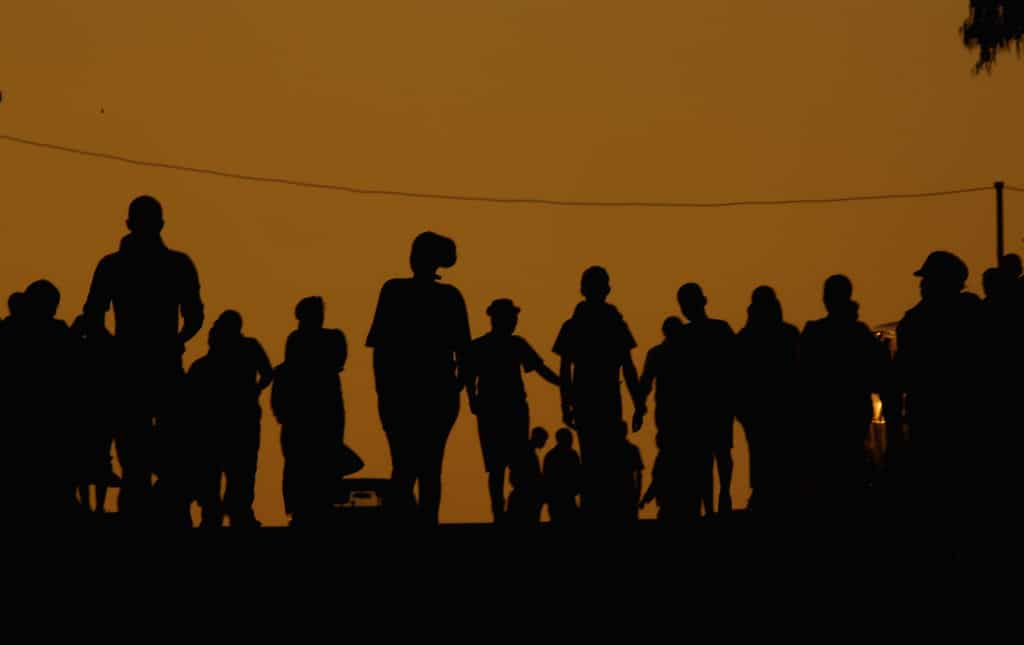South Africa’s Youth Day commemorates past struggles faced by a generation under apartheid striving for better education and opportunity. While much has changed, continuing challenges in education and economic opportunity mean that the country still relies far too much on the resilience of its youth.
Today’s South African youth are not mere victims of circumstance; they are innovators, pioneers, and activists. They echo the activism of their predecessors, pushing boundaries and creating globally recognized projects and technologies.
The 16th of June holds a prominent place in South Africa’s national narrative. It marks the 1976 student uprisings, a watershed moment in the resistance against apartheid, when over 20,000 students stood up against the Bantu education system’s segregation and inferiority. Fast forward to today, and echoes of these struggles continue to reverberate. Today’s South African youth grapple with a faltering education system and limited economic opportunities, suggesting that the promises of 1976 remain only partially fulfilled.
In the apartheid era, the Bantu education system notoriously provided substandard education to students of color, preparing them predominantly for manual labor and a life of segregation. The imposition of Afrikaans as the language of instruction sparked the historic Soweto protests, culminating in a tragic police crackdown that left at least 176 students dead and thousands injured. Youth Day now commemorates this resolute spirit of resistance, honoring the role of the youth in overcoming apartheid.
Unfortunately, the battle for quality education continues to this day. The 2021 Progress in International Reading Literacy Study (PIRLS 2021) reveals that South Africa’s Grade 4 learners rank last in reading comprehension among 42 countries. Particularly concerning is the stark disparity between students tested in English and Afrikaans and those assessed in the nine African languages, indicating an education system still failing black youth.
Centre for Development and Enterprise (CDE) Executive Director Ann Bernstein states: “The truth is we face a silent crisis in our schools: South Africa has one of the worst performing education systems in the world. Are you prepared to condemn another generation of young South Africans to an appalling education?” The CDE published a detailed report on the state of the country’s education system this year, highlighting policy, teaching skills and resources as major contributing factors to declining levels of education and literacy.
Graduation offers little reprieve. As per Statistics South Africa, the youth unemployment rate stands at a staggering 63.9% for those aged 15-24. That’s over 7.7 million young people, many of whom have abandoned hope of finding suitable employment due to sheer discouragement.
Yet, amidst these bleak statistics, the spirit of 1976 lives on. Today’s South African youth are not mere victims of circumstance; they are innovators, pioneers, and activists. They echo the activism of their predecessors, pushing boundaries and creating globally recognized projects and technologies. South African youth in particular have made strides in social activism and renewables, with notable examples being chronic medication delivery as with Sizwe Nzima’s Iyeza Express, or recycled schoolbags in the case of Rethaka–just two examples of thousands of entrepreneurs that are testament to the enduring spirit that marked the youth of 1976.
In recognizing this resilience, both the government and the private sector are stepping up efforts to invest in South Africa’s youth. Recent efforts have included several provincial job drives, with the Gauteng Provincial Government promoting a new job search platform today, which saw a bustling cohort of young learners signing up and submitting their CVs for opportunities to work within provincial projects.
In this vein, Youth Day is not just a commemoration of past struggles; it’s a celebration of the ongoing resilience and resourcefulness of South African youth. It’s also a call to action for all sectors of society to invest in their potential. The challenges of the past and present are formidable, but if the history of 1976 teaches us anything, it is that South Africa’s youth are capable of extraordinary things when given the opportunity.
